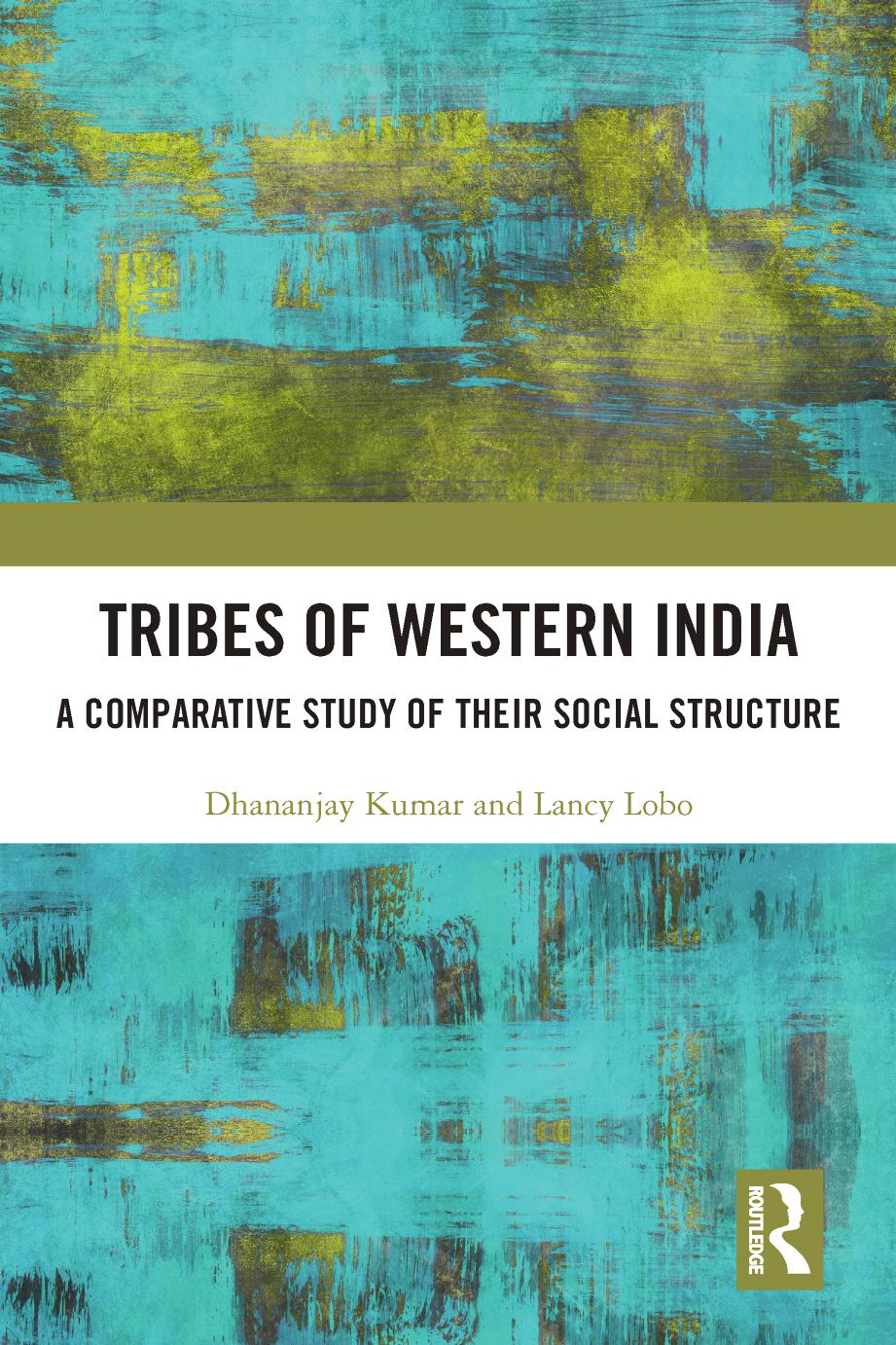

Most ebook files are in PDF format, so you can easily read them using various software such as Foxit Reader or directly on the Google Chrome browser.
Some ebook files are released by publishers in other formats such as .awz, .mobi, .epub, .fb2, etc. You may need to install specific software to read these formats on mobile/PC, such as Calibre.
Please read the tutorial at this link: https://ebookbell.com/faq
We offer FREE conversion to the popular formats you request; however, this may take some time. Therefore, right after payment, please email us, and we will try to provide the service as quickly as possible.
For some exceptional file formats or broken links (if any), please refrain from opening any disputes. Instead, email us first, and we will try to assist within a maximum of 6 hours.
EbookBell Team

0.0
0 reviewsIndia has two key social formations, the castes and the tribes. Both groups can be studied from the perspective of society (samaj) and culture (sanskriti). However, studies on castes largely deal with social structure and less on culture, while studies on tribes focus more on culture than on social structure. What has resulted from this bias is a general misunderstanding that tribes have a rich culture but lack social structure.
This volume emerges out of an in-depth empirical study of the social structure of five Scheduled Tribes (STs) in Gujarat, western India, viz., Gamit, Vasava, Chaudhari, Kukana and Warli. It analyses and compares their internal social organisation consisting of institutions of household, family, lineage, clan, kinship rules and marriage networks. The book also deals with changes taking place in the social structure of contemporary tribal societies. While the focus is mainly on the data from tribes of western India, the issues are relevant to pan-Indian tribes.
An important contribution to the studies on tribes of India, this book will be of great interest to students and researchers of anthropology, sociology, demography, history, tribal studies, social work, public policy and law. It will also be of interest to professionals working with NGOs and civil society, programme and policy formulating authorities and bureaucrats.